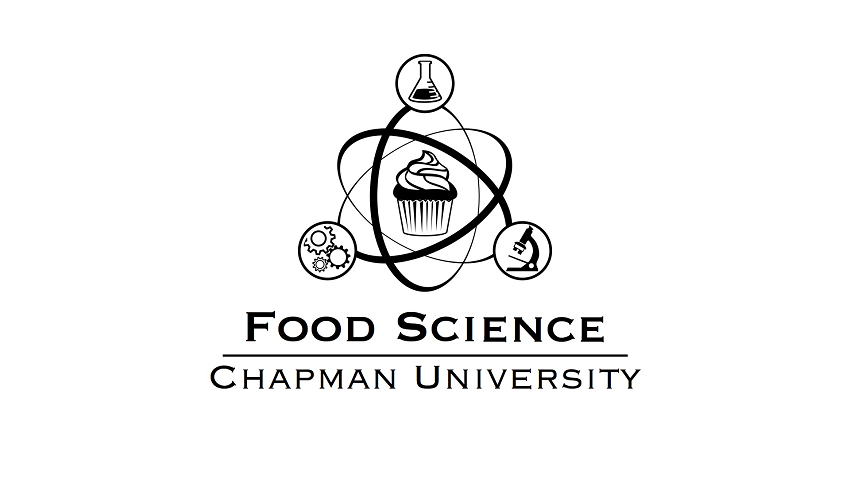Hey everyone!
We're getting closer towards the end of the semester! Today I bring you some exciting news! Entrepreneur John Edel has received funds from Illinois to build an anaerobic digester in Chicago. The anaerobic digester will use anaerobic bacteria to break down an estimated 27 tons of food wastes daily to generate methane gas. This will serve as a fuel source to produce electricity to power a brewery, a mushroom farm, a vegetable farm, a fruit farm and an aquaponics system for fish. This is a great step towards utilizing waste for beneficial purposes!
Here's a diagram of how it will work!
Here is the link to the article: http://www.npr.org/blogs/thesalt/2014/04/09/300620735/food-scraps-to-fuel-vertical-farmings-rise-in-chicago
And here is information about The Plant: http://www.plantchicago.com/about/
Thanks for reading!
- Charles Quinto
Monday, April 21, 2014
Friday, April 18, 2014
2013 Mountain West College Bowl Competition
 |
| via Schmid College |
Schmid College of Science and Technology wrote a great article on last week's College Bowl competition. It includes a timeline of Chapman University's participation in the competition since 2007. We've come very close to winning the national title in past years so here's to winning the 2014 competition! Read the article here.
Monday, April 14, 2014
Food for Thought: Gas, Cows and Global Warming
Hey everyone,
Sorry for the long hiatus from posts, I hope you're all pushing through the semester! We're past the halfway point! Today I bring to you information on greenhouse gases.....in the form of methane produced by livestock! It sounds humorous, but according to the FAO, the amount of methane produced by livestock in 2011 accounted for 39% of total greenhouse gas emissions stemming from agriculture.
While the suggestion to reduce the amount of meat consumption sounds like an easy fix, this change could have negative consequences as some developing countries rely on agriculture as a source of income. As an alternative, it is recommended that research be focused on increasing efficiency of land use, reducing the amount of fertilizers utilized and recycling manure. These changes could potentially improve conditions by increasing yield with less land, providing fewer nitrogen sources for soil microbes to convert into nitrous oxide and using the manure as a fuel source instead of being broken down to form nitrous oxide.
If you would like to read more details on this subject, here is the NPR article with an additional link to the FAO report.
http://www.npr.org/blogs/thesalt/2014/04/11/301794415/gassy-cows-are-warming-the-planet-and-theyre-here-to-stay
Good luck on midterms!
- Charles
Sorry for the long hiatus from posts, I hope you're all pushing through the semester! We're past the halfway point! Today I bring to you information on greenhouse gases.....in the form of methane produced by livestock! It sounds humorous, but according to the FAO, the amount of methane produced by livestock in 2011 accounted for 39% of total greenhouse gas emissions stemming from agriculture.
While the suggestion to reduce the amount of meat consumption sounds like an easy fix, this change could have negative consequences as some developing countries rely on agriculture as a source of income. As an alternative, it is recommended that research be focused on increasing efficiency of land use, reducing the amount of fertilizers utilized and recycling manure. These changes could potentially improve conditions by increasing yield with less land, providing fewer nitrogen sources for soil microbes to convert into nitrous oxide and using the manure as a fuel source instead of being broken down to form nitrous oxide.
If you would like to read more details on this subject, here is the NPR article with an additional link to the FAO report.
http://www.npr.org/blogs/thesalt/2014/04/11/301794415/gassy-cows-are-warming-the-planet-and-theyre-here-to-stay
Good luck on midterms!
- Charles
Subscribe to:
Posts (Atom)














